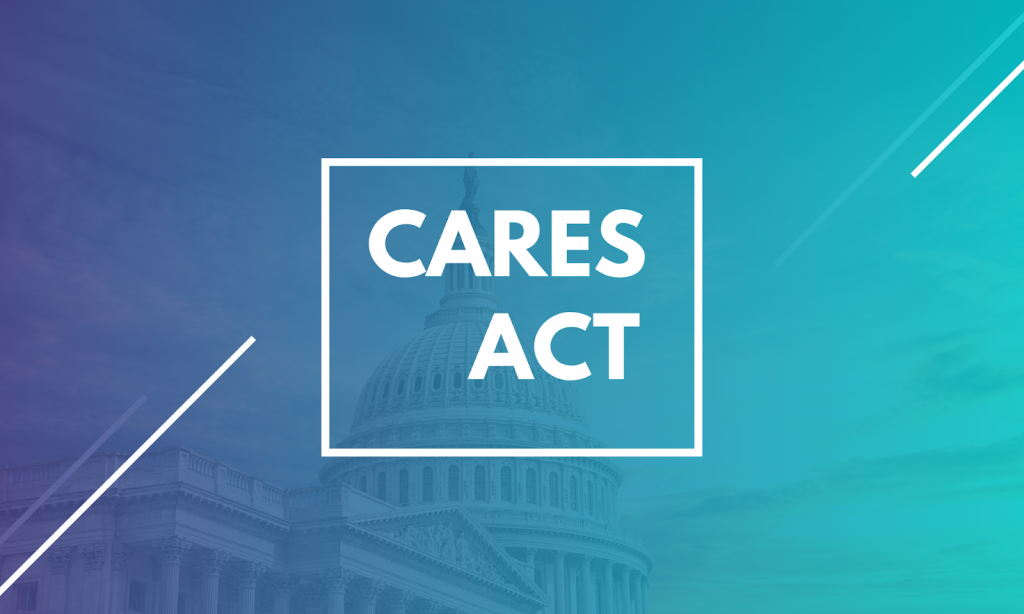8 Mistakes that Can Upend Your Retirement
Retirement
Pursuing your retirement dreams is challenging enough without making some common, and very avoidable, mistakes. Here are eight big mistakes to steer clear of, if possible.
- No Strategy: Yes, the biggest mistake is having no strategy at all. Without a strategy, you may have no goals, leaving you no way of knowing how you’ll get there—and if you’ve even arrived. Creating a strategy may increase your potential for success, both before and after retirement.
- Frequent Trading: Chasing “hot” investments often leads to despair. Create an asset allocation strategy that is properly diversified to reflect your objectives, risk tolerance, and time horizon; then make adjustments based on changes in your personal situation, not due to market ups and downs.1
- Not Maximizing Tax-Deferred Savings: Workers have tax-advantaged ways to save for retirement. Not participating in your employer’s 401(k) may be a mistake, especially when you’re passing up free money in the form of employer-matching contributions.2
- Prioritizing College Funding over Retirement: Your kids’ college education is important, but you may not want to sacrifice your retirement for it. Remember, you can get loans and grants for college, but you can’t for your retirement.
- Overlooking Healthcare Costs: Extended care may be an expense that can undermine your financial strategy for retirement if you don’t prepare for it.
- Not Adjusting Your Investment Approach Well Before Retirement: The last thing your retirement portfolio can afford is a sharp fall in stock prices and a sustained bear market at the moment you’re ready to stop working. Consider adjusting your asset allocation in advance of tapping your savings so you’re not selling stocks when prices are depressed.3
- Retiring with Too Much Debt: If too much debt is bad when you’re making money, it can be deadly when you’re living in retirement. Consider managing or reducing your debt level before you retire.
- It’s Not Only About Money: Above all, a rewarding retirement requires good health, so maintain a healthy diet, exercise regularly, stay socially involved, and remain intellectually active.
1. The return and principal value of stock prices will fluctuate as market conditions change. And shares, when sold, may be worth more or less than their original cost. Asset allocation and diversification are approaches to help manage investment risk. Asset allocation and diversification do not guarantee against investment loss. Past performance does not guarantee future results.
2. Under the SECURE Act, in most circumstances, you must begin taking required minimum distributions from your 401(k) or other defined contribution plan in the year you turn 72. Withdrawals from your 401(k) or other defined contribution plans are taxed as ordinary income, and if taken before age 59½, may be subject to a 10% federal income tax penalty.”
3. The return and principal value of stock prices will fluctuate as market conditions change. And shares, when sold, may be worth more or less than their original cost. Asset allocation is an approach to help manage investment risk. Asset allocation does not guarantee against investment loss. Past performance does not guarantee future results.
The content is developed from sources believed to be providing accurate information. The information in this material is not intended as tax or legal advice. It may not be used for the purpose of avoiding any federal tax penalties. Please consult legal or tax professionals for specific information regarding your individual situation. This material was developed and produced by FMG Suite to provide information on a topic that may be of interest. FMG, LLC, is not affiliated with CapSouth Wealth Management. The opinions expressed and material provided are for general information and should not be considered a solicitation for the purchase or sale of any security. Copyright 2020 FMG Suite.
CapSouth Partners, Inc., dba CapSouth Wealth Management, is an independent Registered Investment Advisory firm. CapSouth does not offer tax, accounting or legal advice. Consult your tax or legal advisors for all issues that may have tax or legal consequences.




